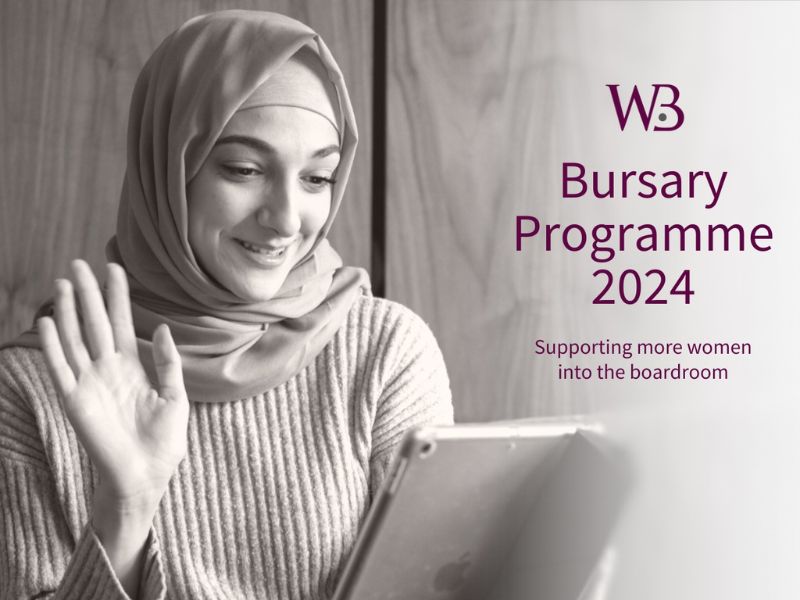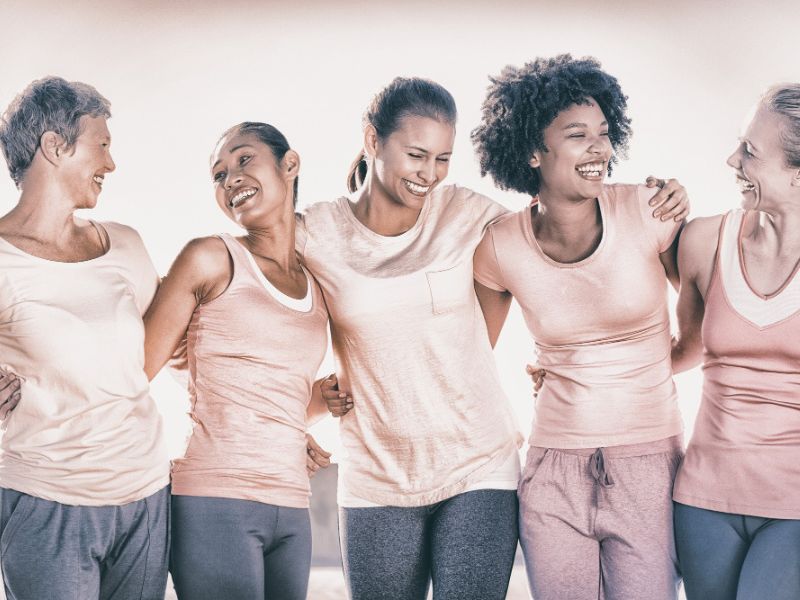
By Rosie Evans, senior behavioural scientist, CoachHub
Among many other things, International Women’s Day serves each year as an important reminder of the collective need to strive towards gender equality, and how far there is still to go.
As at September 2020, for example, a ‘record’ 38 Fortune 500 CEOs were female. However, that is still only 7.6%. For S&P 500 companies, where women make up 45% of all employees, just 6.2% have female CEOs. There is clearly work still to be done.
While these annual reminders are useful, efforts to increase diversity cannot be a once-a-year concern if they’re going to make a difference. The most effective programmes to promote truly meritocratic leadership have to be year-round and holistic. Approaching diversity as a stand-alone problem, siloed and separate from the rest of your business, is a fail-safe guarantee they will be ineffective.
Promoting women in leadership should be both top-down and bottom-up, and crucially, part of a wider programme that addresses each employee’s career progression with the care and attention with which they treat it themselves. In the age of remote work, where it is even easier for introverted and less confident members of staff to go overlooked and unnoticed, codifying your leadership and talent progression is absolutely essential for all businesses.
“We’re meritocratic – why have a specific diversity programme?”
Diversity of thought and opinion is objectively good at all stages and levels of business. From creative brainstorming through to boardroom decision-making, the best results are produced by having a range of experiences and thinking styles. According to the International Labour Organization’s 2019 Women in Business and Management report, more than 57% of the 13,000 enterprises surveyed in 70 countries around the world agreed that gender diversity initiatives directly improved business outcomes.
This is true not just of gender diversity either; diversity of all kinds is important and beneficial, whether gender, ethnicity, age, background, education or any other kind. Leadership in particular should be a collective effort, and is unquestionably made stronger by being able to draw on a range of voices.
Like it or not, unconscious bias exists. For example, 2019 research by the CIPD found that more than half of HR professionals held biases against overweight women and didn’t realise it. A lot of unconscious bias manifests as micro-behaviours or microaggressions, such as subtle instances of discriminatory verbal and non-verbal communication. These can be unintended, misunderstood and, as a result, very difficult to monitor for, but can have a profound effect at a company and industry-scale. This means that no matter how fair and diverse you think your hiring and talent progression system is, if you don’t have a codified way to ensure everyone is treated on equal terms, you’re probably missing the mark.
“What does a successful ‘women in leadership’ programme look like?”
The central key to any ‘women in leadership’ programme is to understand that while many stereotypes may be grounded in truth and national-level statistics will provide a good guide, each individual is different and will require different support. This is true of all personnel and HR initiatives, as personalisation is so often the difference between an average or sufficient outcome and achieving the optimum results.
For ‘women in leadership’ programmes, statistics will tell you that important topics will include negotiation skills, developing personal influence and matching leadership skills to leadership challenges. Moreover, it is useful to know that on average men apply for a job if they fit two thirds of the required qualifications, while women tend to only apply for those they qualify for completely. This industry-wide knowledge can give you a good foundation for your programme, but the next step is to speak to your participants and work out what is going to work best for them.
Personalisation at scale
In the remote working environment, digital solutions are essential to ensuring that members of your company are staying connected and working together efficiently. To achieve the personalisation necessary for a truly tailored and effective leadership programme, businesses should likewise turn to digital solutions. The one-size-fits-all leadership seminars are increasingly being phased out and replaced by tailored development programmes for each employee, with the latter producing far more impactful results for people and companies alike.
Digital coaching is one good example of how personal solutions can be rolled out at scale. Connection, trust and empathy are crucial when it comes to female career development, which is why working one-to-one with a coach or mentor can have such a marked impact. Companies such as Clifford Chance and large organisations like the European Bank for Reconstruction and Development (EBRD) have turned to digital coaching to reinforce and develop their female talent pipeline.
Women in leadership programmes drive results across the board, not just for the women participating, but for company-wide results, with more diverse leadership leading to better decision-making at all levels of the business. With the business world adapting and changing rapidly in the wake of the COVID-19 crisis, leading to inequalities being exacerbated, the urgency of such efforts has become even more apparent and International Women’s Day serves as a good reminder that we can all be doing more.
 About the author
About the author
Rosie Evans is a British psychologist, neuroscientist and mindfulness consultant, who specialises in positive psychology and works in CoachHub’s coaching laboratory, helping to promote the science of coaching and behavioural change. As a behavioural scientist, Rosie supports organizations worldwide in developing coaching programmes that provide behavioural solutions to organisational challenges and change. The goal of Rosie’s coaching approach is to help people make informed decisions for a fulfilling life that is consistent with their values and interests.
WeAreTheCity covers the latest female centric news stories from around the world, focusing on women in business, careers and current affairs. You can find all the latest gender news here.
Don’t forget, you can also follow us via our social media channels for the latest up-to-date gender news. Click to follow us on Twitter, Facebook, Instagram, and YouTube.








